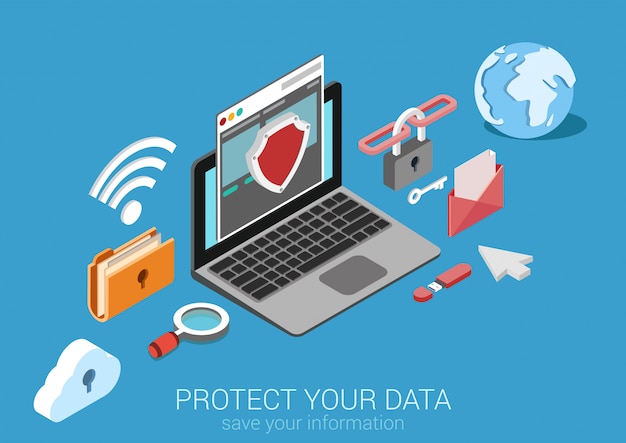Introduction
Greetings and welcome to another blog post by PC DRILLS.
As requested by one of our followers, who’s questions was:
1
How to prevent your accounts from being hacked? It's becoming too much.
Today at PC Drills, we decided to take a look into the issue and help answer with a clear and concise, easily readable post that explains how somethings should have been done to make things better. It’s a little bit lengthy, but we tried to make it short and informative. Read through and we hope it helps you stay safer online.
For any questions, inquiries, comments and so on, write to use using any of our social media handles. Currently, we also have groups on Facebook, WhatsApp, Telegram. You can write to us where you find most convinient to you.
Facebook Page is the best place to get in touch. https://facebook.com/pcdrillsofficial
Use strong and unique passwords:
Create complex passwords with a combination of letters (uppercase and lowercase), numbers, and special characters. Avoid using easily guessable information such as your name, birthdate, or common words. Avoid using common words or personal information that can be easily guessed.
Enable two-factor authentication (2FA):
Two-factor authentication adds an extra layer of security by requiring a second form of verification, such as a code sent to your mobile device, in addition to your password. When logging into your account.
1
Enable 2FA whenever possible on your accounts.
Just remember you won’t have access to your own account if you can’t also provide the second authentication method.
Be cautious of phishing attempts:
Do not click on suspicious links or download attachments from unknown sources, as they may lead to phishing websites or malware that can compromise your accounts. Verify the authenticity of emails or messages before providing any personal information.
Just like we have the common jargon “Njor di Posh” -> translated to something like “the free things end up making us sick”. Always think twice when you receive a message or a link promissing you something that’s too good to be true. Think if you were the one who had this thing that this person is claiming, will I be sharing with strangers? instead of my family members and friends? infact this is where most people fall.
In your right senses, do you think you can get 100GB free internet just by clicking on a link and filling in some information? wake up!!! Free money? Wake up!!!
Keep your software up to date:
Regularly update your operating system, web browsers, and other software to ensure you have the latest security patches and bug fixes. Outdated software can have vulnerabilities that hackers can exploit.
Use reputable security software:
Install antivirus and anti-malware software on your devices to detect and prevent any potential threats. This helps detect and remove any malicious software that could compromise your accounts.
Apps that you download directly from the official source like “playstore -> for android” such apps are not 100% safe, but they are safe compared to those you download from a random website you don’t even know how you got there.
Be wary of public Wi-Fi networks:
Avoid accessing sensitive accounts or entering personal information when connected to public Wi-Fi networks, as they may be unsecured and prone to hacking. Consider using a virtual private network (VPN) for added security.
Regularly backup your data:
Keep backups of important files and data in case of a security breach. This ensures that even if your account is hacked, you still have access to your important information.
Remember the saying “DONT KEEP ALL YOUR EGGS IN ONE BASKET”? This is exactly what this point is explaining.
You can backup something by copying it to an external storage, you can send it to a friend, you can save it on your cloud drives like google drive or you can simply copy it to another device or location.
Use secure and encrypted connections:
When accessing your accounts online, make sure the website uses HTTPS encryption. This helps protect your data during transmission.
Be cautious with personal information:
Avoid sharing sensitive information, such as your passwords or account details, with anyone. Also, be cautious about what personal information you share on social media platforms, as it can be used for targeted attacks.
Be cautious with social media:
Be mindful of the information you share on social media platforms. Avoid sharing personal details that can be used to guess your passwords or answer security questions.
Monitor your accounts regularly:
Regularly review your account activity and statements to identify any suspicious or unauthorized transactions. Report any unusual activity to the service provider immediately. This is for cases whereby you receive an alert you didn’t initiate and so on.
Use different email addresses for different accounts:
Using separate email addresses for different accounts can help prevent a domino effect if one account gets compromised. If one account is hacked, the others will still remain secure.
Educate yourself about common hacking techniques:
Stay informed about the latest hacking techniques and scams. By being aware of potential threats, you can better protect yourself and recognize warning signs of a possible attack.
Regularly create system restore points for your computer. If your system gets infected, you can restore it to a previous state before the ransomware was present.
Remember, no security measure is foolproof, but following these steps can significantly reduce the risk of your accounts being hacked.
There are always new things that show up and there are always things that might be doubted. You can always get to us with your question. Remember to share with your friends, family, colleagues, spouse, mates and so on. It might help them also.
Bye for now.

